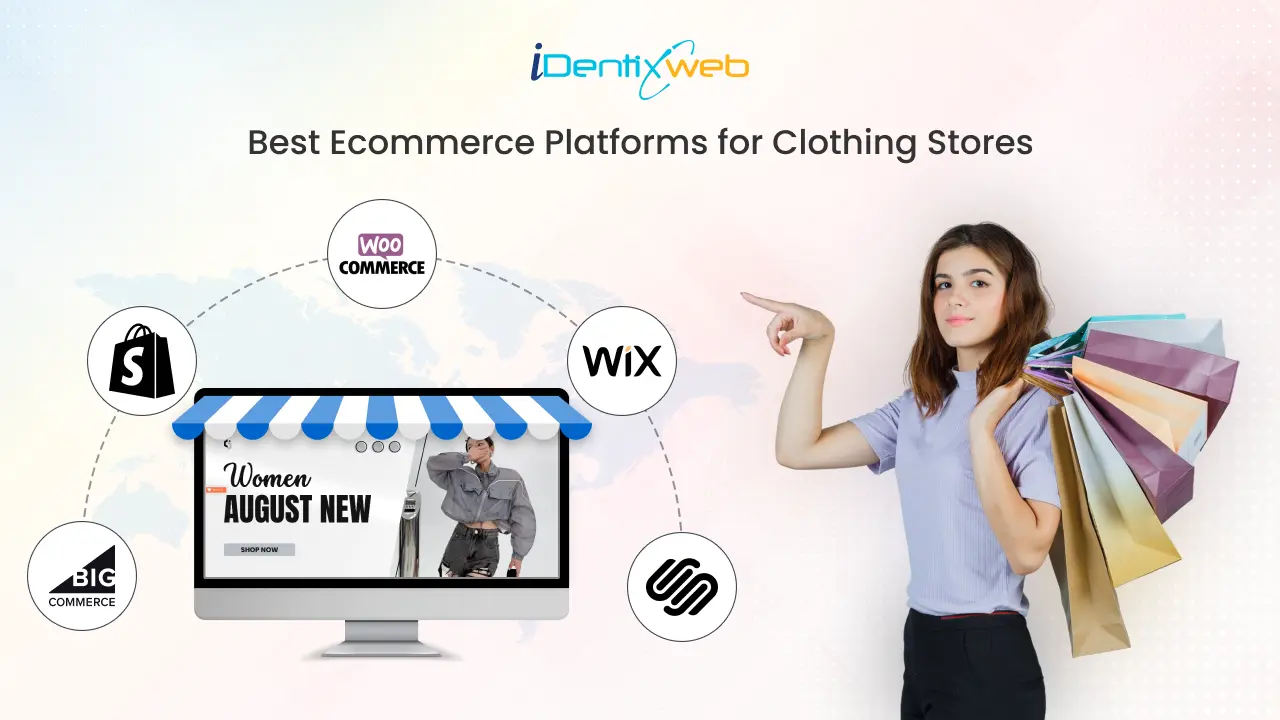
Whether you're an experienced entrepreneur or just starting, launching an ecommerce clothing business is an excellent way to showcase your unique brand and reach a broader audience. The key to success lies in choosing the right ecommerce platform, which acts as the backbone of your online store.
The right platform should be strong enough to showcase your products and easy for both you and your customers to use. The global apparel market, valued at USD 1.77 trillion in 2024, is projected to reach USD 2.26 trillion by 2030, growing at a rate of 4.2% annually. As customers spend more on apparel worldwide, having a reliable platform becomes key to your success.
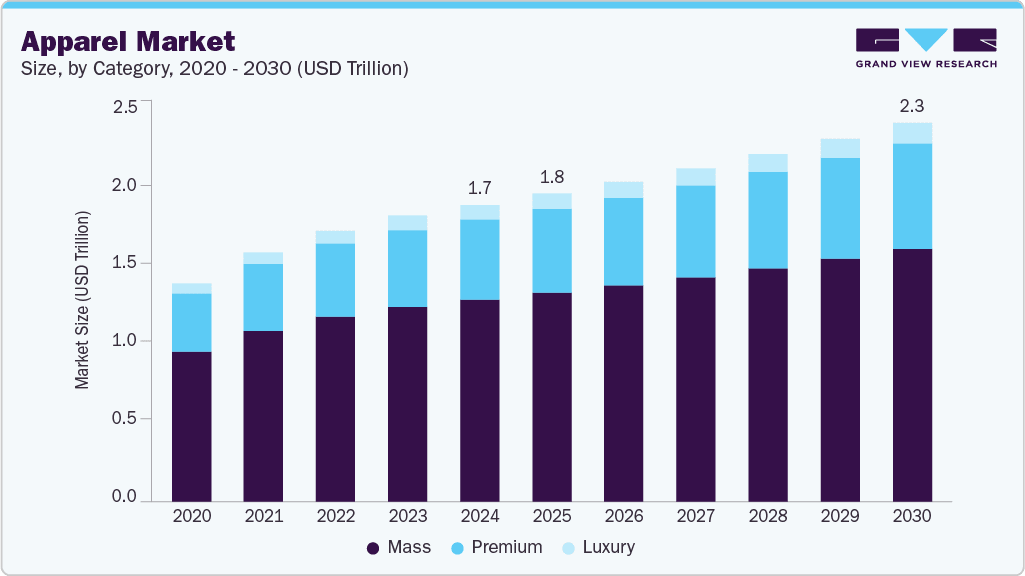
Source: Grand View Research
In this blog, we’ll explore the best eommerce platforms for clothing stores to help you build your fashion brand.
Let’s dive in.
Why Do You Need the Best Ecommerce Platform for Clothing?
Running a clothing store online requires a specific set of tools and features, such as inventory management, product variants (size, color, etc.), fast checkout, and mobile optimization. A good platform should provide these functionalities and scale as your business grows.
The best ecommerce platforms for clothing help you create a visually appealing and user-friendly store while offering seamless shopping experiences.
Key Features to Look for in an Ecommerce Platform for Clothing Stores
Inventory Management
You’ll need a robust system to track product variants (size, color, etc.), stock levels, and orders. The best platforms offer tools to help you manage your clothing inventory effortlessly.
Customizable Themes
An engaging, user-friendly website is crucial for keeping visitors on your site longer. Choose an ecommerce platform with beautiful and customizable themes tailored to fashion and clothing.
Mobile Optimization
The majority of online shopping now takes place on mobile devices. Make sure the platform you choose offers mobile-optimized templates, allowing your clothing store to run smoothly on smartphones and tablets.
Secure Payment Gateway
Security is essential for any online business. Ensure your ecommerce platform integrates with reliable payment gateways like PayPal, Stripe, and credit card options.
Easy Checkout Process
An easy and quick checkout process helps reduce cart abandonment rates. The best ecommerce platforms offer a seamless and simple checkout experience for customers.
SEO Tools
To ensure your clothing store ranks well on search engines, choose a platform with built-in SEO features like customizable URLs, meta tags, and sitemaps.
Top Ecommerce Platforms for Clothing Stores
Shopify

Shopify is often considered the best ecommerce platform for small businesses, including clothing stores. Its user-friendly interface, customizable themes, and powerful features like inventory tracking, integrated payment options, and mobile-friendly designs make it an ideal choice for anyone in the clothing business. Shopify’s marketplace also gives you access to numerous apps tailored to ecommerce, including marketing tools, upselling features, and sales analytics.
WooCommerce
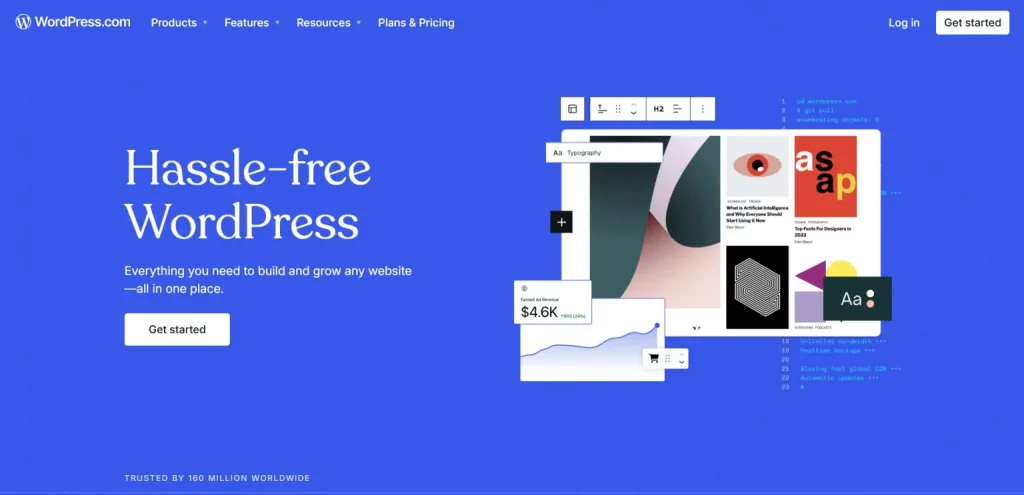
WooCommerce is a plugin for WordPress that turns your website into a fully functioning online store. It’s a popular choice for clothing brands because it allows extensive customization. Whether you’re selling t-shirts or high-end fashion, WooCommerce enables you to scale with ease and integrate it with a range of tools. WooCommerce also offers flexibility in payment gateways and inventory management.
BigCommerce
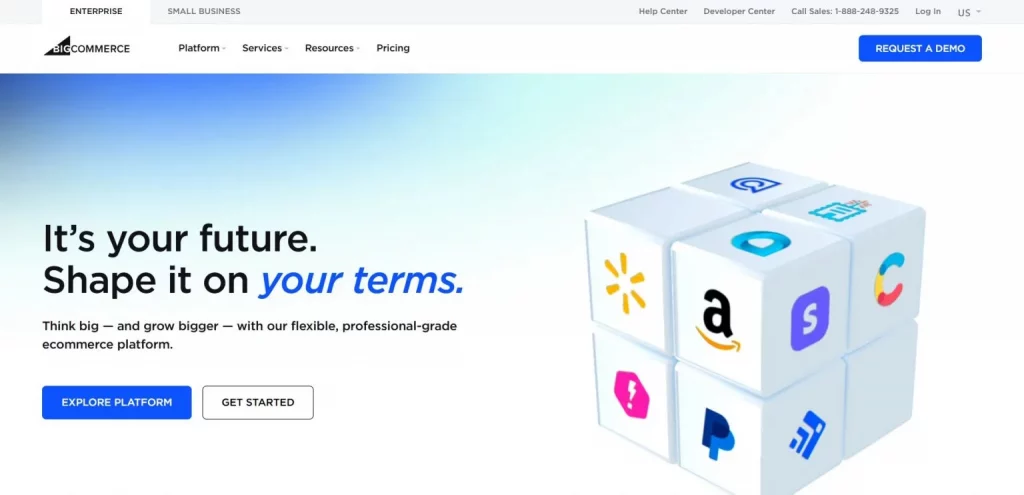
BigCommerce is a strong contender for ecommerce clothing stores, especially for those looking to scale. It offers built-in features for inventory management, customizable templates, and the ability to sell across multiple channels like Facebook, Instagram, and eBay. BigCommerce’s seamless integrations with shipping carriers, payment gateways, and inventory management tools make it ideal for growing clothing businesses.
Wix
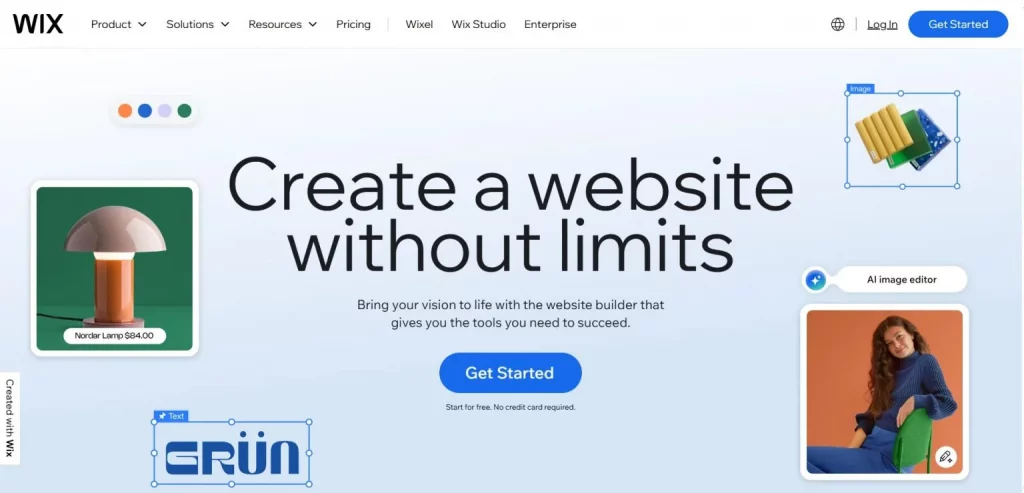
Wix is one of the easiest platforms to get started with. It provides a drag-and-drop builder for designing your ecommerce clothing store, making it suitable for beginners. Wix also offers solid features like mobile optimization, flexible payment options, and customizable themes for clothing businesses of any size. Although not as feature-rich as Shopify or BigCommerce, it is a good choice for small businesses looking for simplicity.
Squarespace

This clothing ecommerce platform is known for its beautiful design templates, which can be particularly beneficial for fashion brands that want to showcase their products with high-quality visuals. Squarespace offers great design flexibility with a focus on aesthetics, making it a popular choice for apparel stores. It also includes features like inventory management, customizable checkout, and email marketing.
If you're considering which platform to choose for your online store, understanding the key differences between popular ecommerce platforms can help you make the right decision.
- Wix vs Shopify
- WooCommerce vs Shopify
- Shopify vs Shopify Plus
- Shopify vs Squarespace
- Bigcommerce vs Shopify
If Looking to launch your clothing business on Shopify? So iCart App is the perfect tool to help you create a seamless, high-converting shopping experience. It not only optimizes your cart but also boosts sales with upselling, cross-selling, and personalized recommendations.
Start Your Clothing Store with iCart Cart Drawer Cart Upsell App
Here’s how iCart Cart Drawer Cart Upsell app can help you set up and grow your clothing store:
- Increase Average Order Value (AOV): Offer product recommendations, cross-sells, and upsells right from the cart to increase your revenue.
- Customizable Cart Design: Tailor the cart drawer to match your store’s branding and design for a cohesive experience.
- Seamless User Experience: Customers can easily view, add, and remove items from the cart with a smooth, intuitive interface.
- Progress Bar: Show customers how close they are to receiving a discount or free shipping, motivating them to add more to their cart.
- Free Gift Offers: Delight your customers by offering free gifts with certain purchases, creating an irresistible incentive to buy.
- Conversion-Boosting Timers: Add urgency with countdown timers for limited-time offers or discounts.
- Easy Integration: The iCart app integrates effortlessly with your Shopify store, saving you time and effort during setup.
Final Verdict: Best Ecommerce Platform for Small Clothing Businesses
For small clothing businesses, Shopify stands out as the most comprehensive and user-friendly solution. Its scalability, robust features, and ease of use make it the best ecommerce platform for clothing. It is designed to help clothing brands grow by offering everything from secure payment gateways to inventory management and beautiful store designs.
As a Shopify expert, we can help you set up your clothing store seamlessly and efficiently. From customizing your design to optimizing for sales, we're here to ensure your online store stands out. Get in touch with us today to build your dream clothing store on Shopify.
FAQs: Best Ecommerce Platforms for Clothing Stores
1. Which eCommerce platform is best for clothing?
Shopify is widely considered the best eCommerce platform for clothing due to its user-friendly features, customizable designs, and scalability.
2. Is Shopify good for clothing?
Yes, Shopify is excellent for clothing stores, offering powerful tools for inventory management, product display, and a seamless shopping experience.
3. Which eCommerce platform is best for clothing?
Shopify is widely considered the best eCommerce platform for clothing due to its user-friendly features, customizable designs, and scalability.
4. Is Shopify good for clothing?
Yes, Shopify is excellent for clothing stores, offering powerful tools for inventory management, product display, and a seamless shopping experience.
5. Is Shopify easy to use?
Yes, Shopify is known for its user-friendly interface, making it easy to set up and manage your online clothing store.


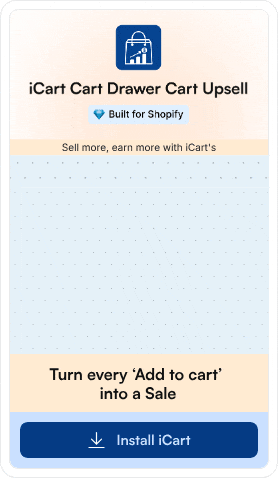
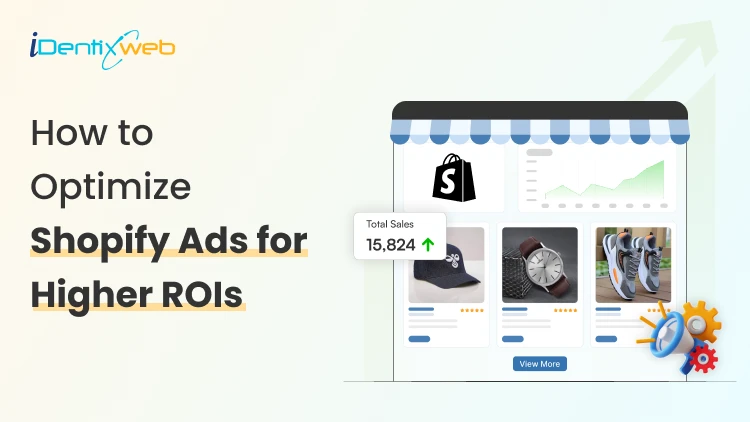
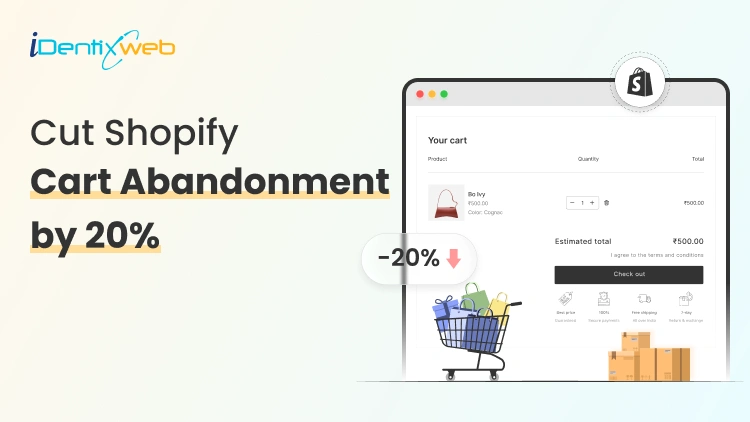
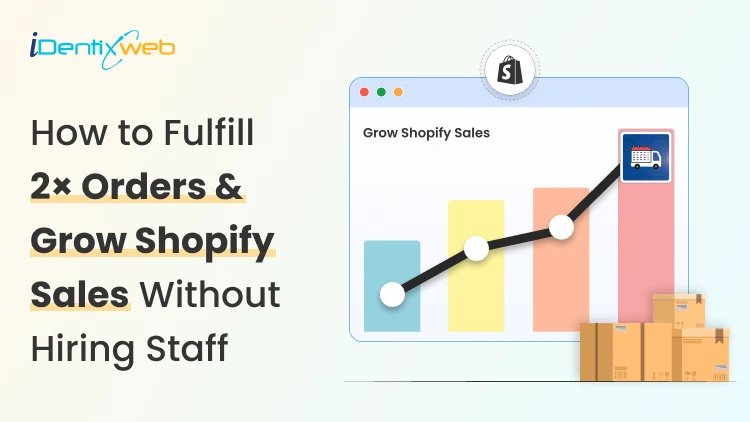

About the author
Bhavesha Ghatode
Explore Content with Bhavesha, a passionate and dedicated technical content writer with a keen understanding of e-commerce trends. She is committed to sharing valuable insights, practical assets, and the latest trends that can help businesses thrive in a competitive environment.